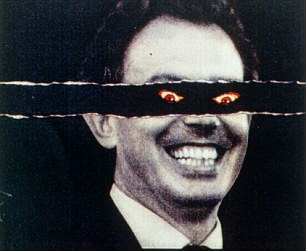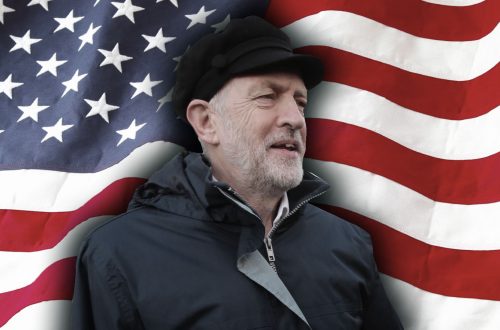The Summer edition of Democratiya is out now, and as usual, it is a treasure trove.
Highlights which caught my eye are the following:
– Peter Tatchell’s Opening Keynote Speech to Moscow Pride Conference:
Together with others, LGBTI people are in the frontline of the struggle to defend the right to freedom of speech and assembly.
We carry the torch of freedom for every Russian of whatever sexuality. Here, this weekend in Moscow, we carry freedom’s torch today and we will carry it in the streets of Moscow tomorrow – and beyond – until the rights of LGBTI Russians are won and respected.
Shorly thereafter, as we know, Peter was viciously beaten by “neo-Nazis, nationalist extremists and Russian Orthodox fundamentalists, with the apparent collusion of the Moscow police and Russia’s elite anti-riot squad, the OMON.”
– Michael Ezra on The Eichmann Polemics: Hannah Arendt and Her Critics:
Enormous controversy centered on what Arendt had written about the conduct of the trial, her depiction of Eichmann and her discussion of the role of the Jewish Councils. Eichmann, she claimed, was not a ‘monster’; instead, she suspected, he was a ‘clown.’ He had no ‘insane hatred of Jews’ and did not suffer from any kind of ‘fanatical anti-Semitism.’ She reported Eichmann’s claim that ‘he had never harbored any ill feelings against his victims’ and accepted it as fact. As far as Arendt was concerned, Eichmann simply had ‘an inability to think.’ She concluded: ‘The trouble with Eichmann was precisely that so many were like him, and that the many were neither perverted nor sadistic, that they were, and still are, terribly and terrifyingly normal.’ In a postscript to later editions of the book she added that Eichmann simply ‘never realized what he was doing’ and that his criminal actions were due to ‘sheer thoughtlessness.’
Still more shocking to Arendt’s critics was her discussion of the Jewish Councils (Judenrat). These Councils were administrative bodies that the Nazis forced the Jews to establish in many occupied countries. The leaders had to follow Nazi orders under threat of immediate execution for disobedience. These orders included providing Jews for slave labour and organising the deportation of Jews to death camps.
Although Arendt’s discussion of these Councils took up no more than a few pages, it provoked outrage. ‘To a Jew,’ asserted Arendt, ‘this role of the Jewish leaders in the destruction of their own people is undoubtedly the darkest chapter of the whole dark story.’ The next two sentences proved to be the most controversial:
Wherever Jews lived, there were recognized Jewish leaders, and this leadership, almost without exception, cooperated in one way or another, for one reason or another, with the Nazis. The whole truth was that if the Jewish people had been really unorganized and leaderless, there would have been chaos and plenty of misery but the total number of victims would hardly have been between four and half and six million people.
Read on…


